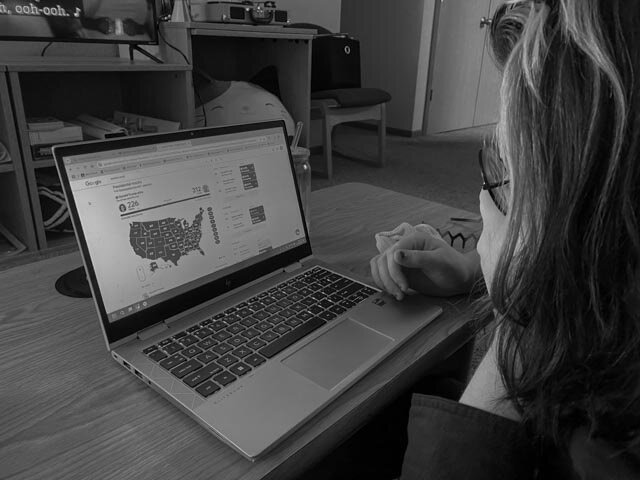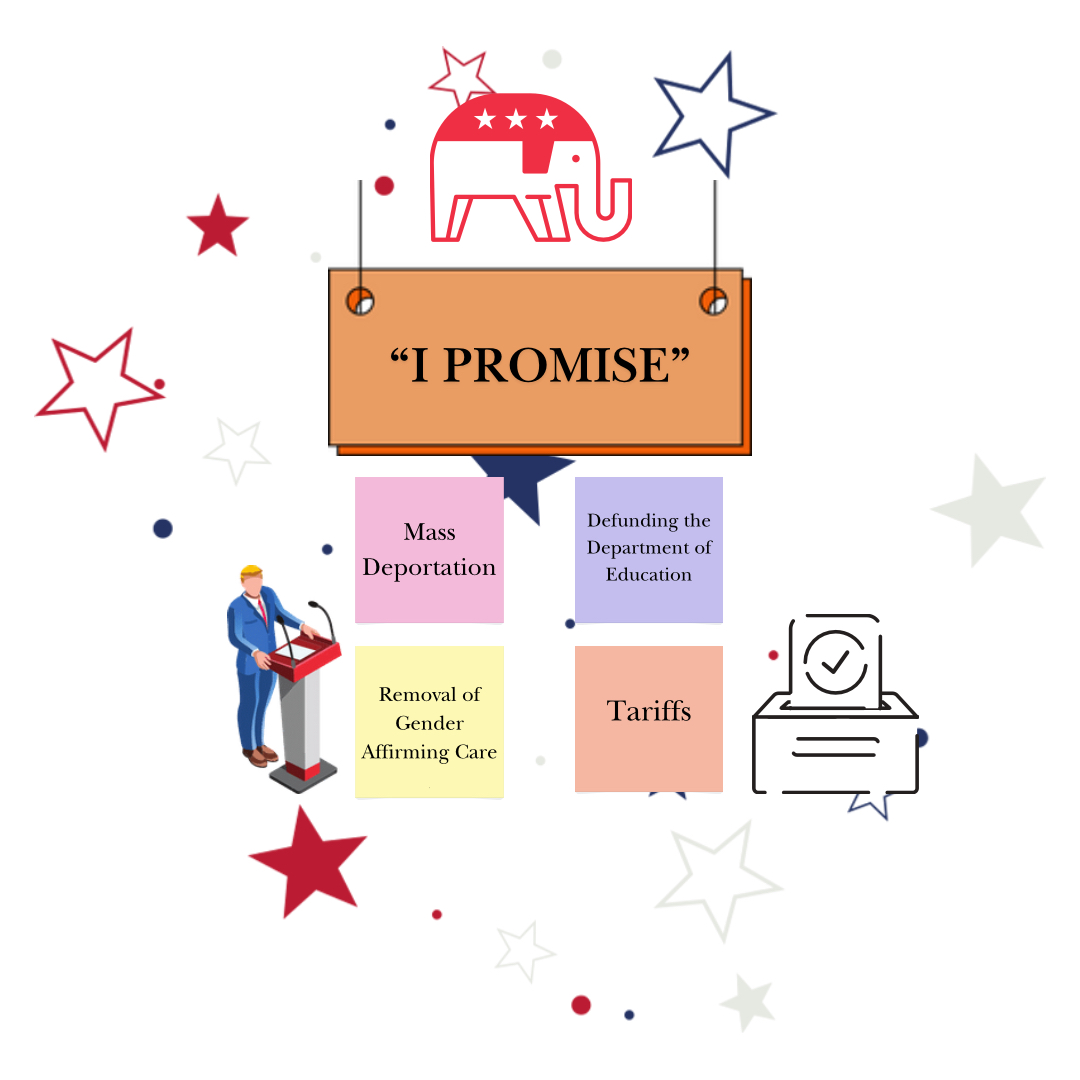Rebecca Mueller/Winonan
People who experience gender-based violence will soon find that resources are easier to navigate, thanks to the impact of a federal grant recently awarded to Winona State University.
The $293,859 grant was awarded by the office on Violence Against Women in the Department of Justice. The grant money will take effect beginning in January and remain in effect for three years. Winona State will have the opportunity to renew the grant at the end of this cycle.
Tamara Berg, a women’s and gender studies professor, said, “We’re the only institution on the MnSCU system to receive a grant like this.”
The grant has a national call and is intended specifically for college campuses. Berg said the grant pool has been very competitive in past years.
The grant will provide funding for several aspects of the gender-based violence advocacy program at Winona State, including a focus on preventing gender-based violence and educating both victims and bystanders in what they can do.
Kristine DeRoche, gender-based violence graduate assistant, said, “It helps to coordinate all of these resources because Winona does have resources,” The program’s role is to provide guidance to each individual as to which resources are right for them following an incident.
Part of the advocacy program includes the Gender-Based Violence Helpline which is staffed by trained students and backed by the Women’s Resource Center.
The grant also allows for increased training with the Winona police department, Winona State’s security and the judicial and disciplinary boards.
An important product of the grant is a new community coordinator position, which will be hired by the Women’s Resource Center and contracted with Winona State.
“The purpose of the grant is to bring all of these key players in harmony and collaborate with one another,” DeRoche said.
These key players include the Winona police department, Winona State Security and the Housing and Residence Life office.
The community coordinator will work with both the campus and the community to coordinate resources so that everyone involved can work together cohesively.
“This has been sort of a long time coming,” Connie Kamara, the director of health services, said. The Sexual Violence Advisory Committee has worked on a few different grants over the past several years.
The pilot version of the Gender-Based Violence Advocacy Program was started in 2012 as a result of a grant that was never submitted.
Berg wrote a large amount of this most recent grant over spring break last year, but not by herself.
“Getting a grant like this involves a lot of cooperation,” she said.
Berg said that this most recent grant proposal was successful in part because Winona State already has an established commitment to preventing gender-based violence and providing resources to those in need.
WAGS 405: Gender, Violence and Society is an essential part of that commitment because it creates students who are able to provide these resources.
In this course, students can become trained advocates; there are currently 92 certified students willing to be on-call to pick up the phone.
The course met twice a week for five hours at a time from Sept. 4 to Oct. 4. At that point, the students received their certificates. The course now meets once a week for two hours at a time.
Allison Bergsbaken, a WAGS minor who is enrolled in WAGS 405 this semester and is now certified as a trained advocate through the course, said, “The class was intense, learning all that information.”
She said her experience in the course opened her eyes to the dark side of society.
The grant money is expected to roll out in January. Berg, Kamara and Women’s Resource Center’s executive director Diana Miller will be traveling to Washington, D.C. on Dec. 2 for training before the grant takes effect.
Contact Rebecca at [email protected]









































